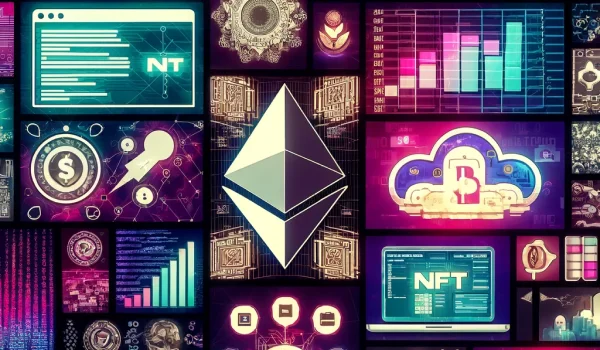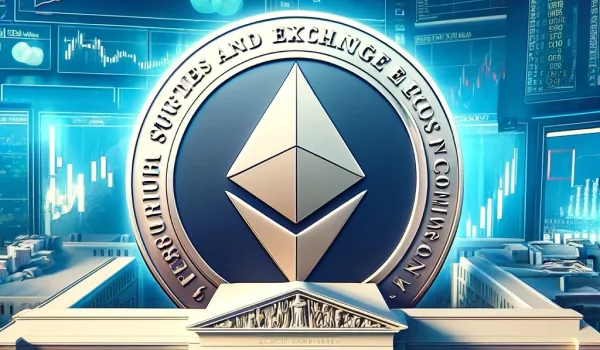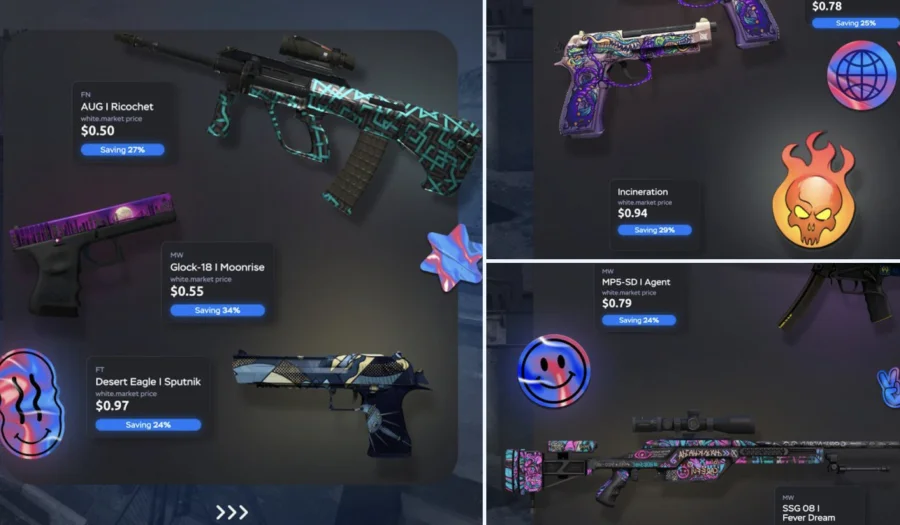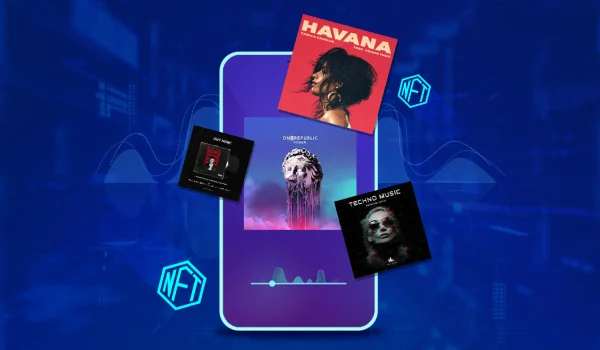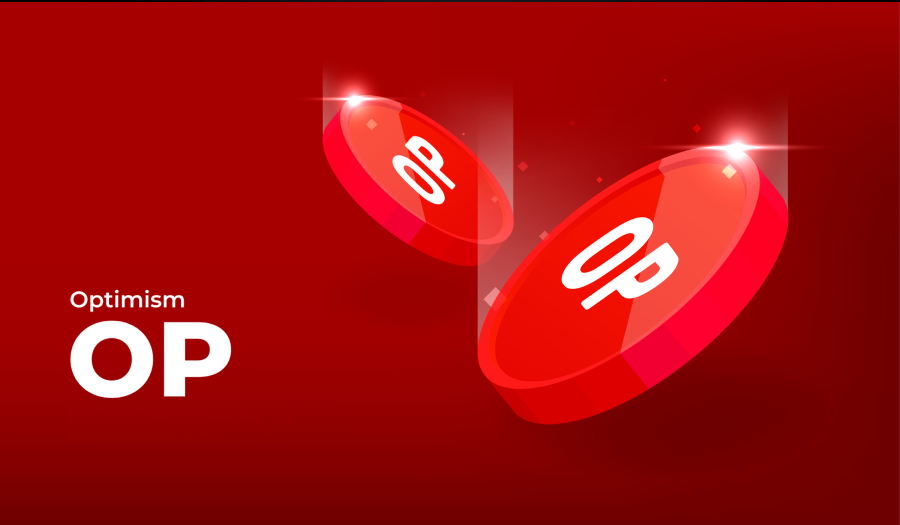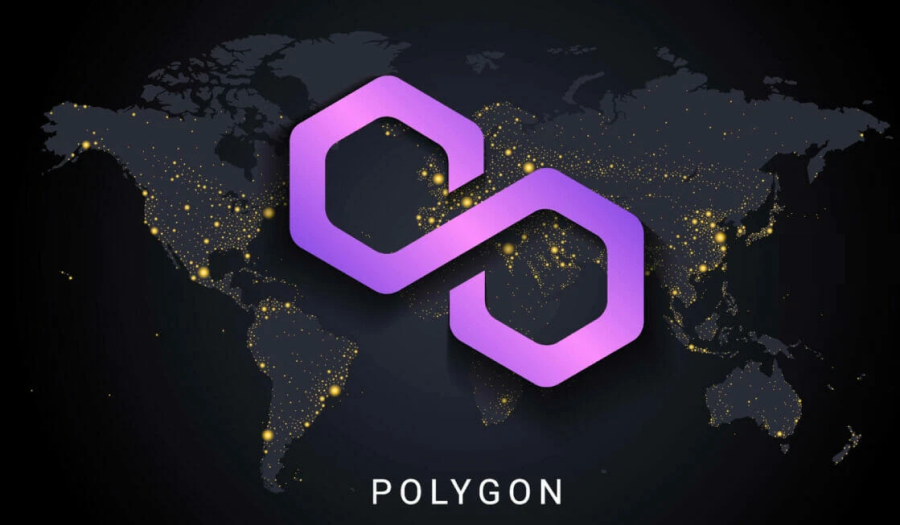As technology has advanced, NFTs have become more popular than ever in 2020, specifically within the digital art industry. Despite this surge of enthusiasm for Non-Fungible Tokens (NFTs), they remain susceptible to speculation and scams due to their volatility. Thus, with this article, we hope to give a comprehensive insight into what it is that one needs to know regarding NFTs before investing or using them as a form of payment.
NFT meaning and definition
'Non-Fungible Token' (NFT) is its full name - and what it indicates to us is that each token represents something totally unique. Unlike physical money or cryptocurrencies, which can be easily swapped for one another, NFTs are special in their own way due to the digital signature they possess. These tokens may come in many different forms: photos, video, artwork, audio files, html code... the list goes on.
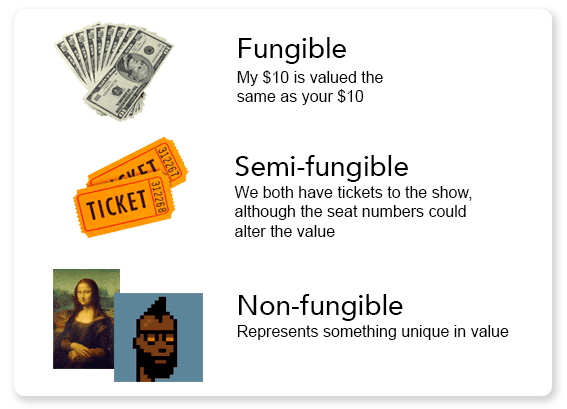
How do NFTs work?
Non-fungible tokens (NFTs) are cryptographic assets that sit on a blockchain – a distributed public ledger for recording transactions. NFTs can be identified by their individualized codes, allowing them to be easily transferred between owners and confirming possession. Their value is determined by the market based on supply and demand.
This means that these virtual tokens can be acquired or sold in a similar manner to physical possessions. Tokenizing tangible items through NFTs may reduce the risk of fraud while also making buying, selling, and trading them more efficient for some users.
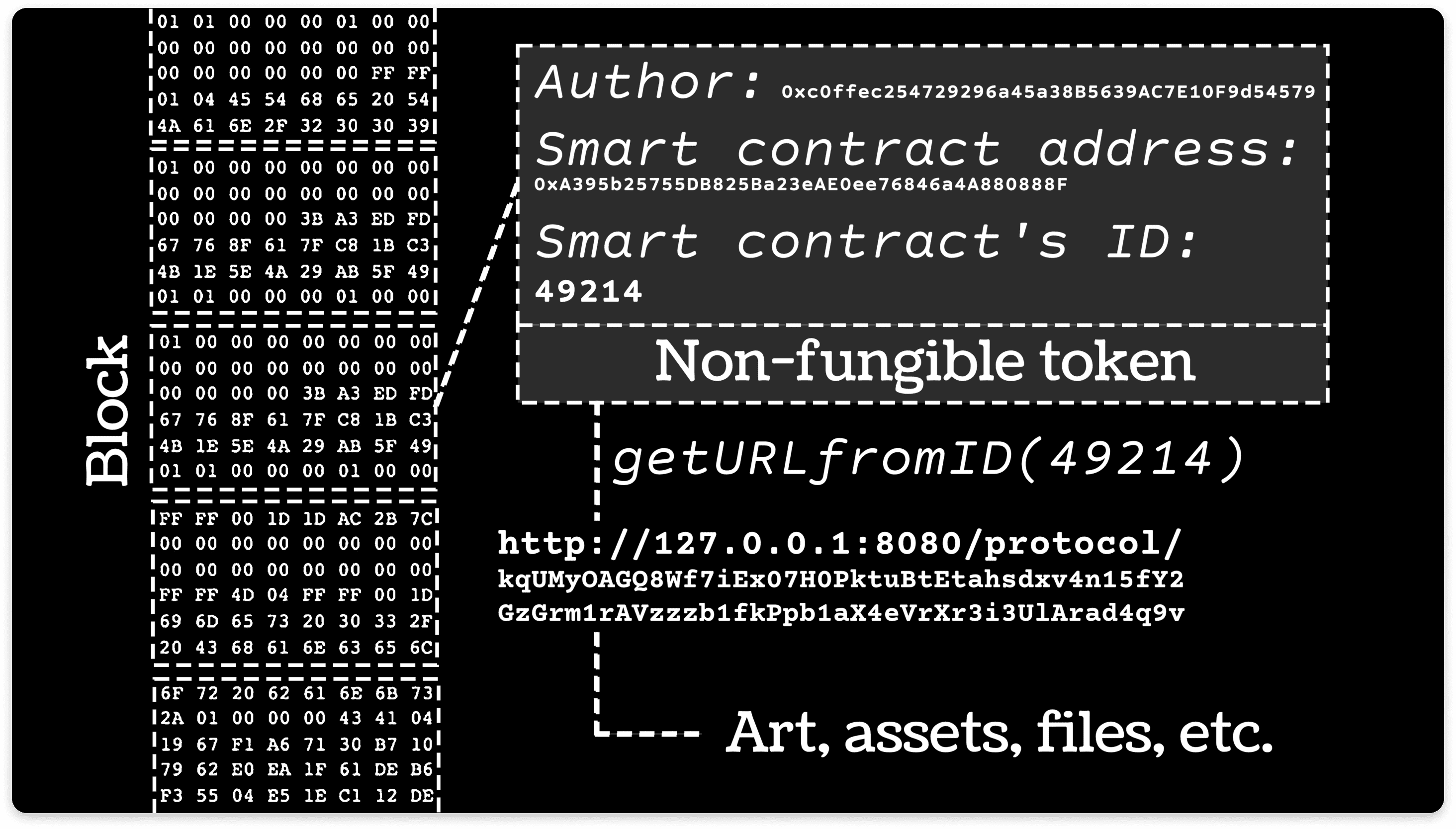
On a fundamental level, most NFTs are powered by the Ethereum blockchain, although some other blockchains have their own versions (for example Polygon, Solana, and the like). Comparable to Bitcoin or Dogecoin, Ethereum is an electronic currency whose blockchain also monitors who owns and exchanges NFTs.
What is Minting?
Generating NFTs on a blockchain is known as minting or mint. An individual mints an NFT by entering data into the system, which then constructs it in a new block and adds to the blockchain. Unfortunately, fees are usually incurred when creating a new Non-Fungible Token - for example Ethereum systems require payment via gas (a cryptocurrency) to carry out activities within its own blockchain network.
How do you buy or sell NFTs?
Before you dive into this market, it is crucial that you are well informed of the fundamental steps to acquire and transact NFTs. Let us take an in-depth look at these steps:
Open a crypto exchange account
To begin, create an account on a crypto exchange or platform. A crypto exchange is an online website where you're able to purchase and sell different cryptocurrencies. Ultimately, in order to buy NFTs, you should open an account with your preferred platform since each one offers exclusive services that will be beneficial for your needs such as fees, features and ongoing support. Research the platforms so that you can determine which one works best for you.
Open a crypto wallet
A crypto wallet is the only way to protect and access your digital assets, as it holds the keys that grant you entry. Every user is given a unique seed phrase or recovery phrase in order to open their respective wallets - so keep this secure at all times! Without it, you will not be able to gain access again no matter how hard you try.
With crypto wallets, you have the option to either host them on an exchange or operate independently. If you go with the latter choice, then it is your full responsibility to maintain and protect your digital wallet and private keys.
For those looking to purchase and sell NFTs without a third-party, you will need an appropriate wallet that is connected directly to the blockchain. With this type of wallet, currency can be transferred easily between people with a public key. Fortunately, there are two types of wallets available: 'hot' and 'cold.'
Hot wallets are:
Hot wallets are software and web-based, existing as either a desktop or mobile app, an in-browser extension or both. Unfortunately, hot wallets are more prone to cybercrime than cold wallets due to their accessibility and convenience.
Cold wallets are:
Hardware wallets, physical devices not connected to the internet, are deemed more secure but at a greater chance of being lost. Unfortunately if you misplace your seed phrase there is no backup available.
Consider using a MetaMask wallet, which connects to the Ethereum blockchain and allows users to safely manage their tokens on any device. One of the popular wallet choices, a MetaMask wallet ensures that transactions are secure, fast and private.
Transfer cryptocurrency into a crypto wallet
With crypto in hand, the next step is to transfer it over to your wallet of choice. The steps may vary depending on what exchange you bought crypto from, which wallet you use and ultimately where you aim to trade NFTs.
Buy and get NFTs
After your wallet is connected and funded, you can now begin investing in NFTs. Once purchased, the buyer gains ownership of it - much like a physical item or property - yet no other rights to the work unless outlined beforehand between both parties. Further restrictions may also be placed on some NFTs based upon their respective marketplace.
What is an NFT marketplace?
The NFT sector is rapidly growing, and typically most of these digital marketplaces can be subdivided into three distinct types: open marketplace, closed marketplace, proprietary marketplace:
- Open marketplace - Selling, buying and minting Non-Fungible Tokens (NFTs) is a simple process for anyone. Minting involves publishing your token on the blockchain to make it purchasable; open marketplaces offer NFT minting services so creators can easily prepare their works, though they also have the option of self-minting as well.
- Closed marketplace - To join, artists are required to apply and the marketplace generally assumes responsibility for the minting processes. Additionally, trading and selling is more restricted.
- Proprietary marketplace - These venues usually only showcase NFTs created by the marketplace operator, and often lack variety.
To stay informed of the latest NFT drops, many traders create accounts and subscribe to multiple marketplaces. Not only that, but they also track social media platforms such as Discord and Twitter for updates on new releases.
Top NFT Marketplaces
- OpenSea - The pioneer in the NFT space, having been around since 2017; even now, it remains one of the most prominent marketplaces on the web. As such, there's an abundance of NFTs available here: from artwork and music to photography, trading cards, or virtual worlds.
- Rarible - An intriguing component of Rarible is that instead of having management internally governing decisions, they have developed their own digital asset called the RARI token. The holders of this unique cryptocurrency can vote on essential company changes such as policy alterations in a decentralized manner.
- NBA Top Shot - By utilizing their NFT marketplace, the NBA grants you exclusive access to high-quality video clips. You can rest assured knowing that your transaction is being handled by a reliable and well-established organization.
- Binance - 2021 saw one of the biggest cryptocurrency exchanges take a giant leap into the NFT marketplace. This international crypto exchange joined an ever-growing list of industry players who are paving the way for innovation in non-fungible tokens (NFTs).
- Nifty Gateway - The ideal place to purchase mouthwatering artwork from well-known celebs and top-ranking artists. To enhance its popularity even further, it has initiated an exclusive "open editions" system which limits buyers' opportunities for a limited period of time when a new kind of NFT is released.
- SuperRare - The art platform that functions as an exclusive art gallery. If you're looking for quality, this is the best place to go! SuperRare does not accept "meme style" NFTs and has rigorous standards when it comes to selecting submissions.
- Blur - This platform offers some of the most intriguing digital pieces by a selection of artists, making it perfect if you want to explore something new.
NFT Scams and Frauds
Unfortunately, NFT scams are prevalent; however, there are a few main ones that you should be aware of to ensure your safety:
- Free mint scams – Fraudsters use forceful strategies to manipulate unsuspecting victims into participating in a fake mint. Unfortunately, they don't end up getting the promised reward of a new mint but instead find themselves robbed of control over their wallet.
- Counterfeit NFTs – Dishonest individuals peddling someone else's work as if it was their own creative product.
- Catfishing – From fake marketplaces to imposter social media accounts and celebrity impersonators, NFT drops and collections are being heavily advertised everywhere.
- Pump-and-dump schemes – Fraudsters are creating an artificial demand around NFTs, enabling them to reap profits in the short-term while leaving their investors with assets rendered useless.
- Phishing scams – Be wary of suspicious links and pop-ups on social media claiming to promote new NFT projects and drops - they may be deceptive.
As a relatively new technology, NFTs require individuals to stay on top of the latest changes in the industry as well as take additional measures for protecting what could potentially be extremely valuable assets. Keeping up-to-date with emerging trends and taking precautionary steps is paramount for anyone interested in this innovative medium.


 7 mins read
7 mins read